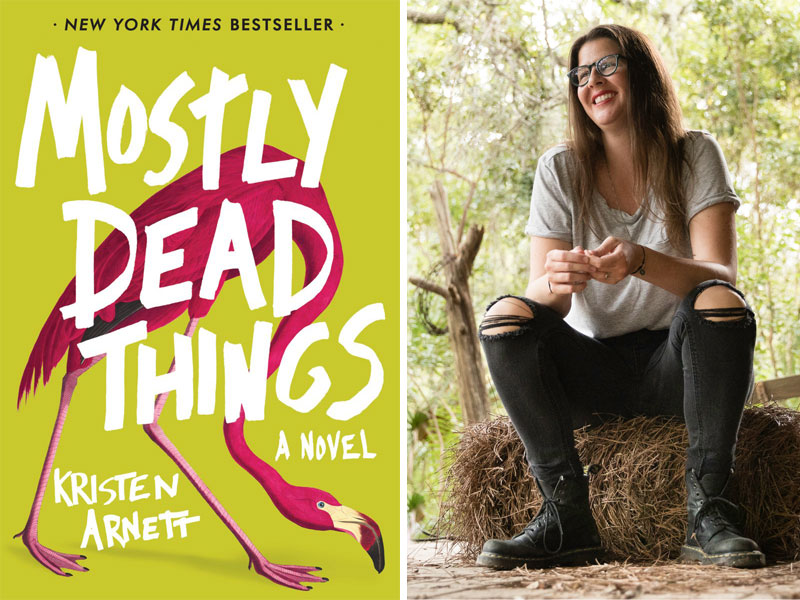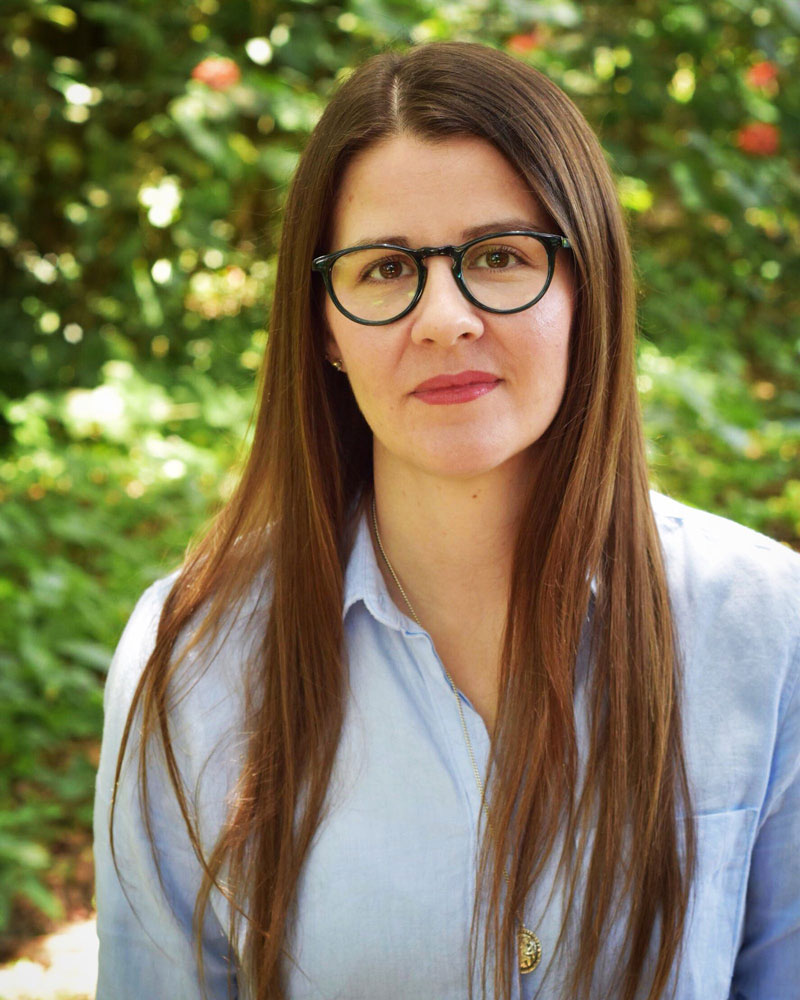
Florida, as your Northern friends and neighbors have likely pointed out to you, is weird, in rep if not reality. I blame Florida Man. That’s the snickering news-hour meme about Sunshine State reprobates who drive a date to a sports bar on a stolen Walmart mobility scooter or parade through the aisles of a convenience store with a four-foot alligator.
But before you judge, consider: These colorful, carefree, frequently incarcerated mullet-haired individualists play a part in the arts, inspiring a type of indigenous fiction that I‘ll call Floridiana Weird.
One of the genre’s pioneers is Carl Hiassen, a Miami Herald reporter who authored a series of South Florida mystery novels, including a yarn featuring a villain named Chemo who replaces one of his hands, bitten off by a shark, with a weed-whacker. Hiassen also teamed up with a school of collaborators to write a tome with one of the best Florida-novel titles I’ve ever seen: Naked Came the Manatee.
Then there’s Jeff VanderMeer, dubbed by The New Yorker magazine as “the weird Thoreau.” Inspired by the wildlife sanctuary near his Tallahassee home, VanderMeer wrote the Southern Reach trilogy, which was adapted two years ago into a science fiction film called Annihilation. It’s about a swampy coastal landscape whose flora and fauna are being grotesquely shape-shifted by an alien presence.
Another hotshot out-of-town developer, another neighborhood ruined.
Well, we wouldn’t want the City of Culture and Heritage to be left out of such a noteworthy literary trend. Now it’s not. For this we have two Rollins College grads to thank.
First there was Laura van den Berg, class of 2005 and author of Find Me, about a post-apocalyptic world plagued by a virus that robs people of their memories, and The Third Hotel, charting a woman’s spectral encounters with a husband who died in a car accident.

More recently there was the breakout success of Mostly Dead Things by Kristen Arnett, a 2012 Rollins grad. Arnett’s Sunshine State bona fides include being a third-generation native, growing up across a rural Central Florida highway from a sewage treatment plant and a strip club, and once generating nearly 400,000 likes on her Twitter feed when she posted:
This morning at 7-11 i saw a lizard next to the coffee maker and the cashier said: ‘no worries that’s just marvin he likes the smell.
Arnett’s first novel, set in Central Florida, is told through the eyes of a young woman, Jessa-Lynn Morton, whose family owns a small-town taxidermy business. When her father commits suicide, the surviving family members must process their grief in different ways.
Jessa takes to taxidermy to settle her nerves, processing matters of the heart and family dynamics — both of which are already complicated by the fact that she’s gay — while trying to keep the business afloat.
Those efforts are occasionally undermined by her mother, Libby, who copes by slipping into the shop at night to costume the stuffed raccoons, goats, panthers, boars and bears in filmy negligees and pose them in compromising positions in the display window. It may not be good for business, but it certainly attracts a crowd.
However strangely it plays out, Arnett says it was only natural, given her upbringing and her fixation with Florida as an earthy, fertile setting, to seize on taxidermy as a plot device. “Growing up, I was always around it. You’d walk into a house and there’d be a deer head in one room, a shellacked bass in another.”
She concedes, though, that “If somebody had come up behind me when I was at my computer researching for the book, looking up things like the best way to dissect tissue and dissolve flesh, I’m sure I wound up on a couple of government watch lists.”
Arnett is definitely on a short list with the literary establishment. She was invited back to Rollins as one of the headliners of its annual “Winter With the Writers.” Her novel was celebrated by reviewers and earned Arnett a five-month Shearing Fellowship from the Black Mountain Institute in Las Vegas, where she’s working on two new novels.
But she’ll be back. When I asked how ideas come to her, she said: “It starts with a little scene in my head. Just a tiny little scene. Like a snow globe.”
Then she thought it over for a beat, and added: “It would have to have a palm tree in it. With Mickey Mouse underneath.”
Michael McLeod, mmcleod@rollins.edu, is a contributing writer for Winter Park Magazine and an adjunct instructor in the English department at Rollins College.

